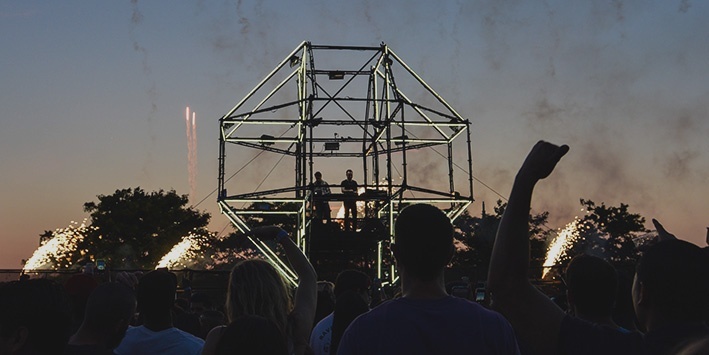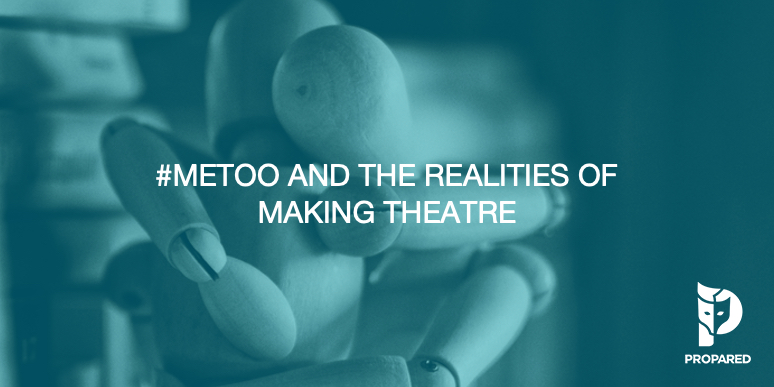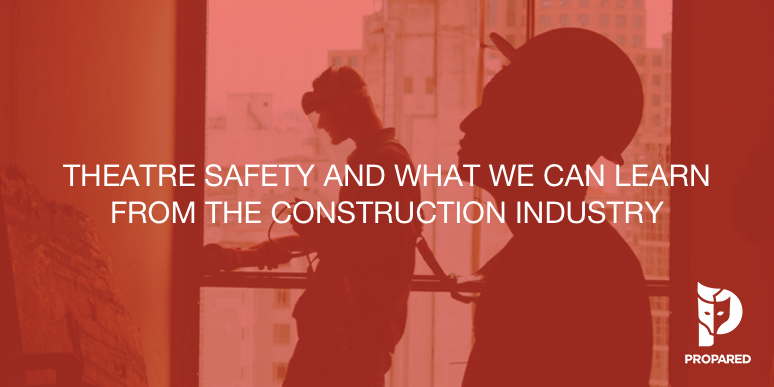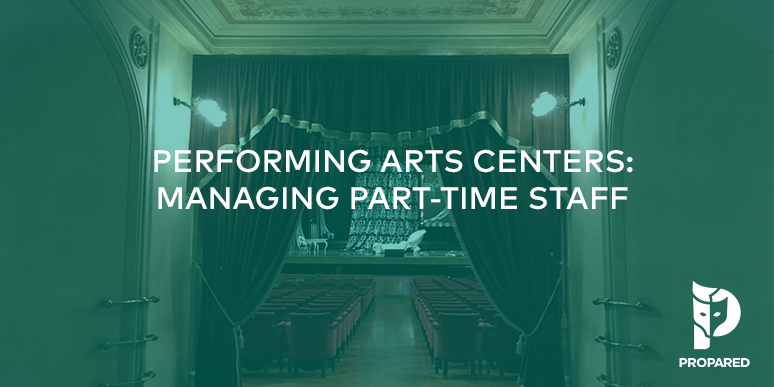
The entire month of December, Propared is partnering with Tinc Productions to present a series of blogs focused on event safety. Check out previous blogs on Building Weather Contigency Plans and Managing Tent Risk.
This article was first published on December 16 2015 by Tinc. It is reprinted here in its entirety.
Earlier this month I had the honor of attending the annual summit of the Event Safety Alliance. We heard a presentation given by Bob Ross, Doug Adams, and Fiona Thain from Pyrotek about some of the serious considerations that need to be taken into account when deciding whether or not to use special effects in your show. Whether you’re a designer, a producer, or a planner, here’s some great stuff to keep in mind.
The Dangers
1. Special effects are becoming cheaper
In the not too distant past, special effects were expensive enough to be kept out of the hands of amateurs (this will be the theme of an upcoming blog about drones as well). Recently though, there are a flood of cheap products coming out of China. Barriers to entry are lowering, putting potentially dangerous effects into the hands of more untrained people. The price point makes them attractive. This means it is up to us to keep a watchful eye on our events.
2. When present, effects are one of the most dangerous parts of the event
Think about it. You might call it a “pyro effect,” but in reality you’re using a flame-thrower. You’re shooting flammable liquid into the air and lighting it on fire as it ascends. When a light doesn’t come up at the right time or the mic is a little too quiet, we don’t like it but we make the note and move on. When a special effect messes up the result is often catastrophic. There have been a myriad of horrific accidents that have occurred in recent years involving pyro effects and flammable materials. All told, in the past few years, more than 1,000 people have died in such incidents.
3. Don’t do it unless you’re prepared to do it right
Special effects cost money to do right. You need safe equipment and enough personnel on site to ensure safe operation. The crew assigned to special effects should ONLY be handling those effects. A deck stage manager cannot be a spotter. If it doesn’t fit into the budget, don’t do it.
Quoting Mr. Ross, “When in doubt, leave it out.”
The Solutions
Fortunately, we have some ways to protect ourselves.
-
Ensure your vendor has insurance.
-
Ensure your vendor is a card carrying member of a nationally recognized effects or pyrotechnical association.
-
Ensure the equipment is properly certified.
-
Have a fire marshall inspect your site for potential dangers.
-
Ensure your staff is 1st Aid & CPR certified. All event professionals should be.
Keep in mind, special effects are not like other technical departments. They are far more dangerous with less room for error. Lights and sound in some form are a necessity for any project, but special effects are typically optional. Make sure you do it right.
Do you use pyrotechnics in your event productions? How do you create safe plans and ensure proper usage? Share your thoughts in the comments below.



